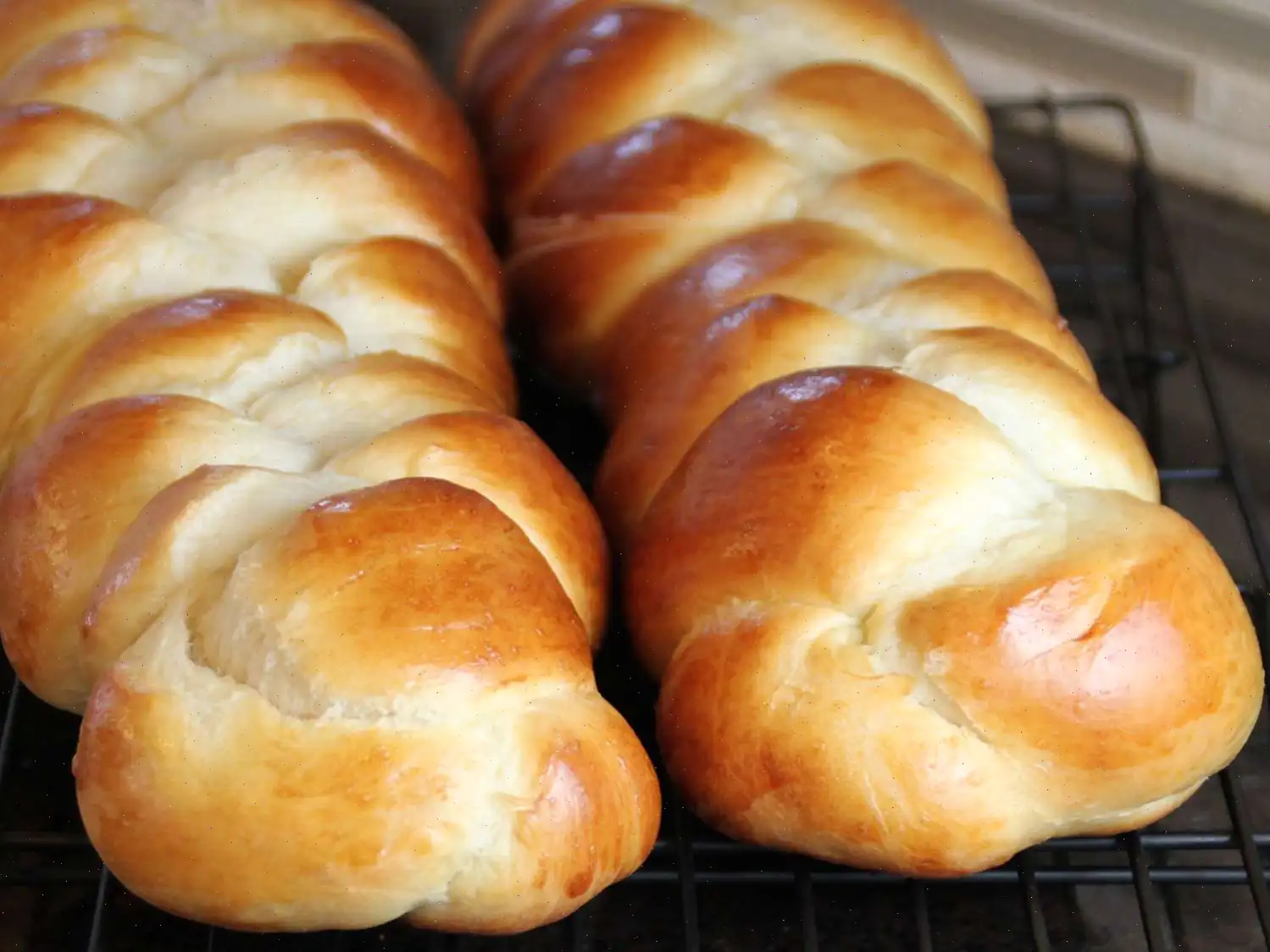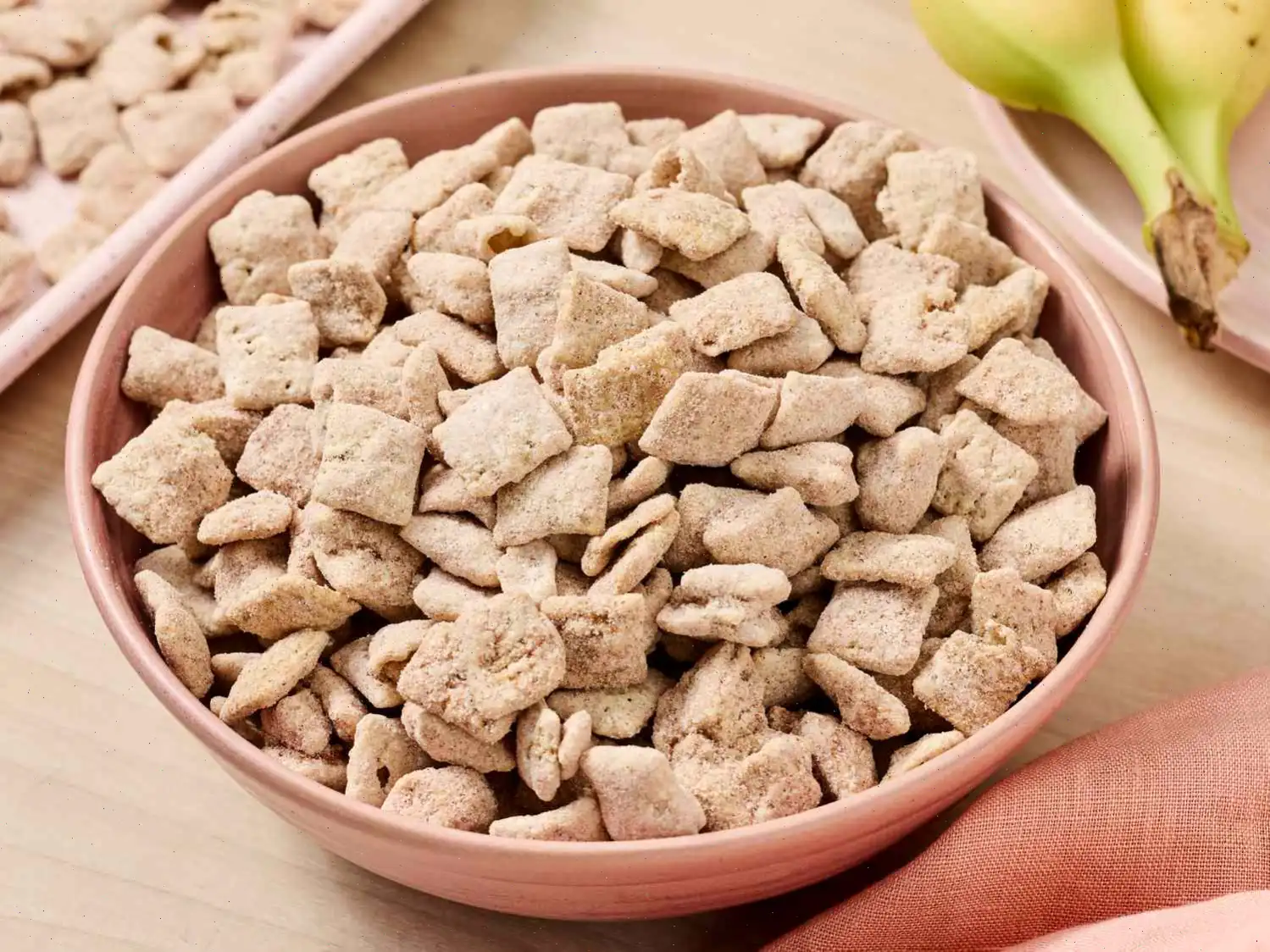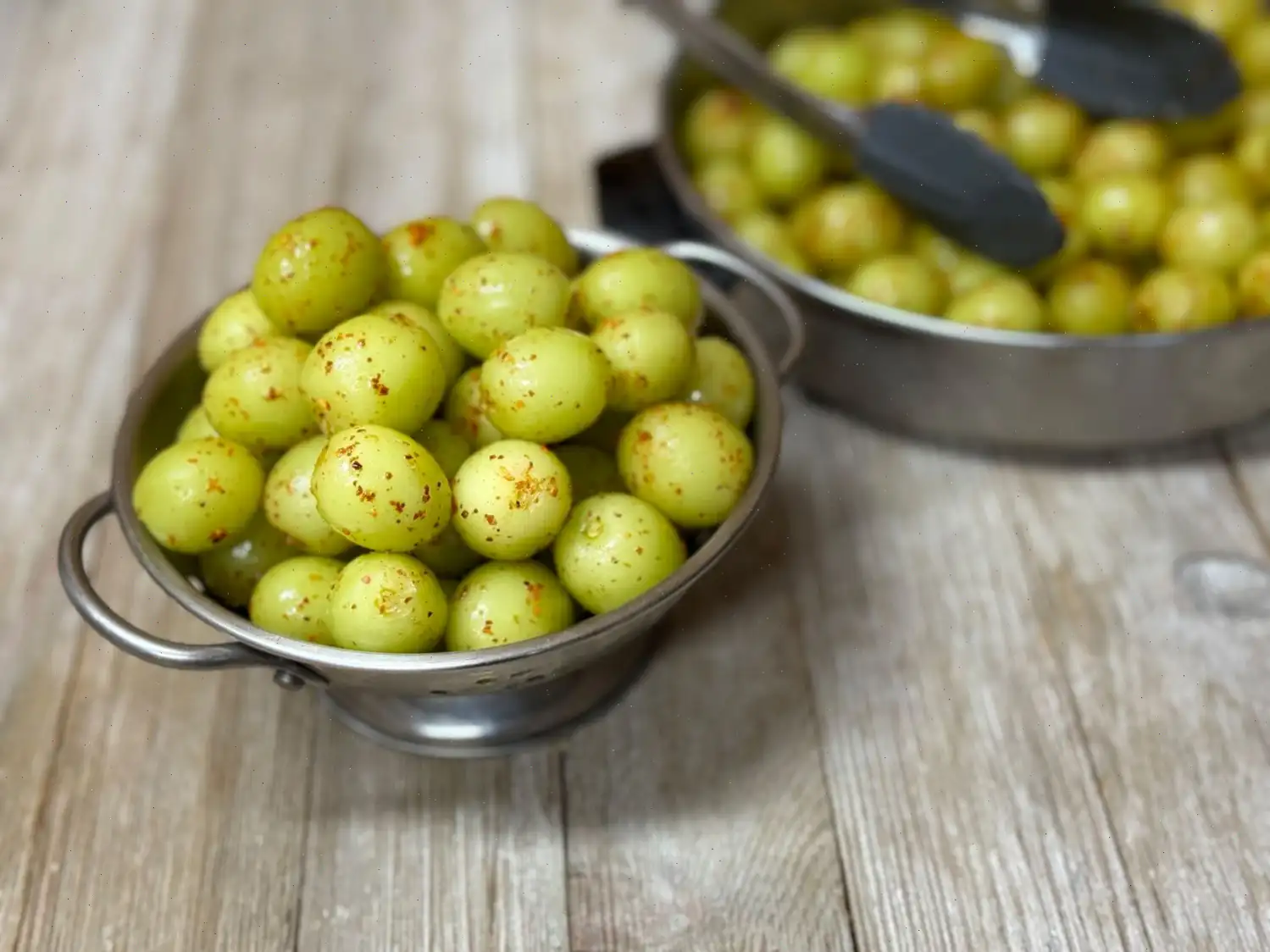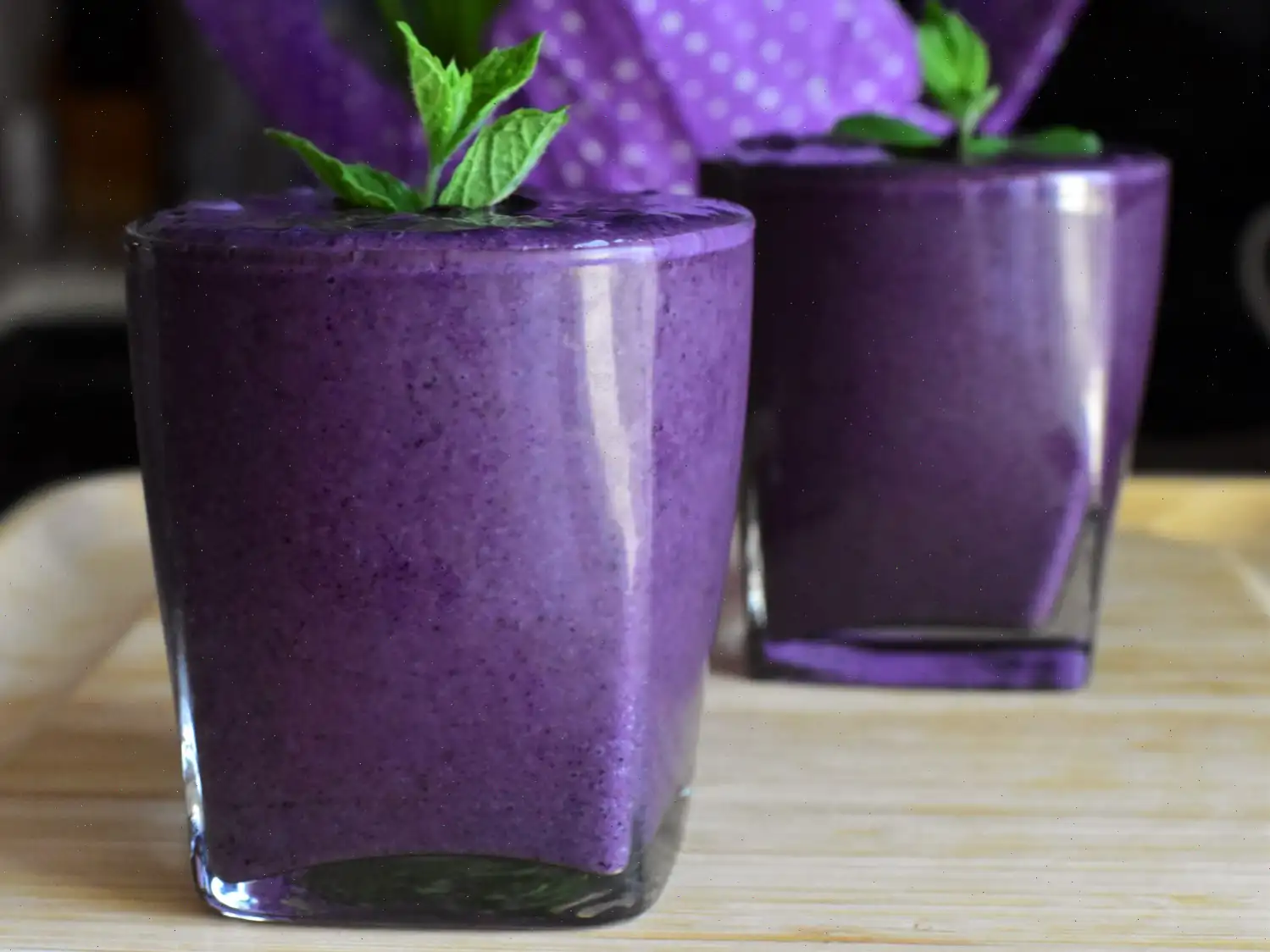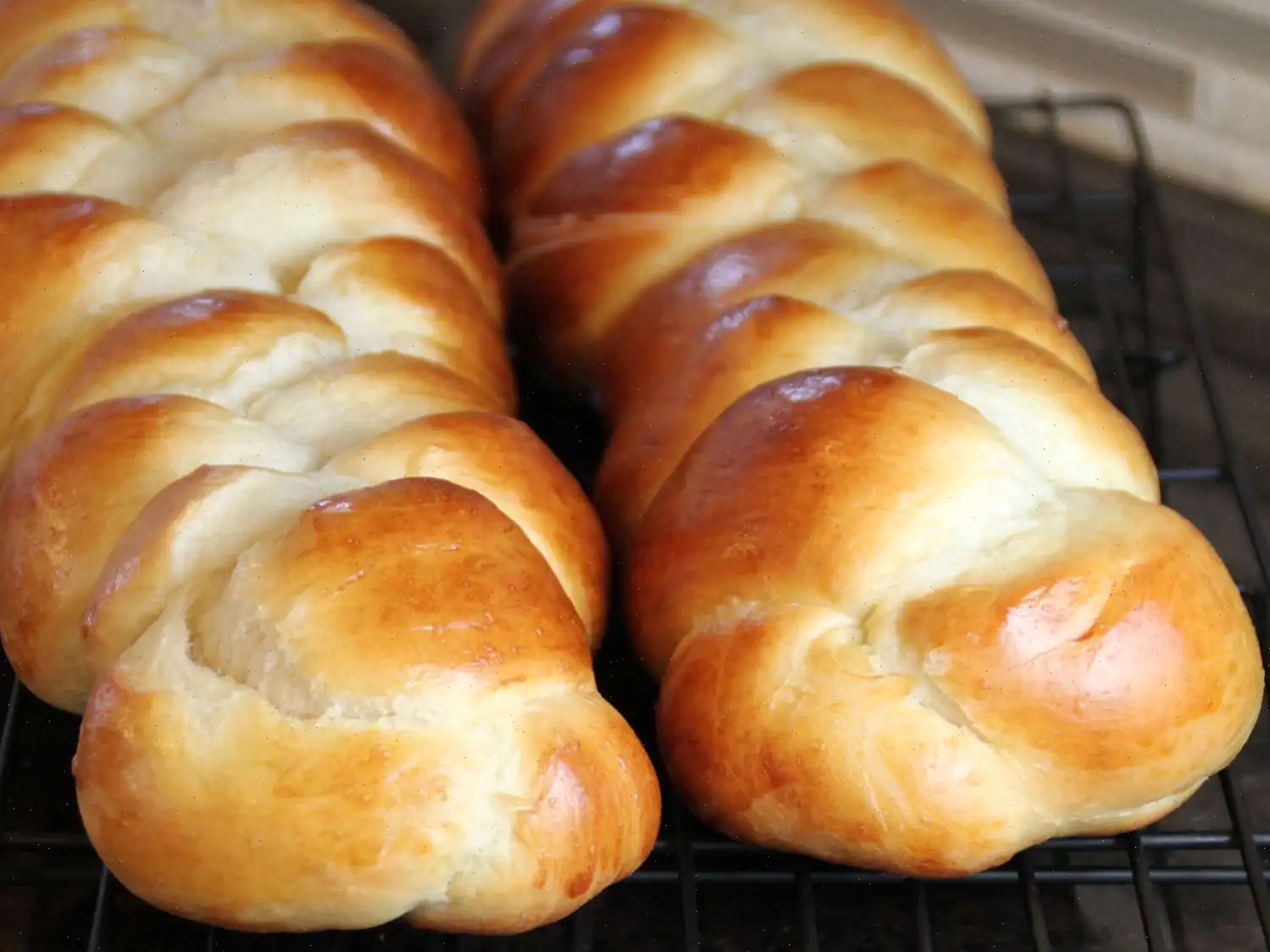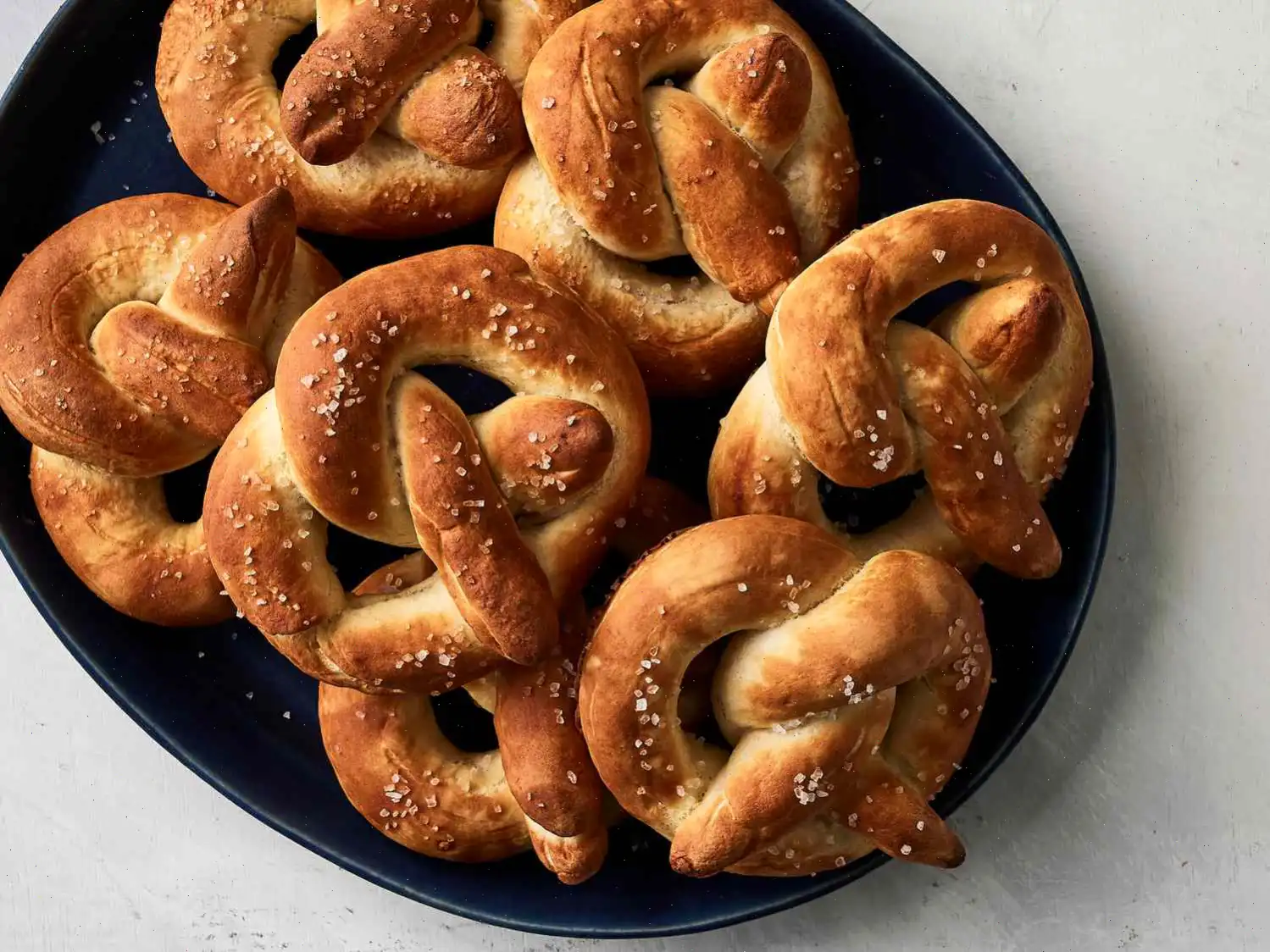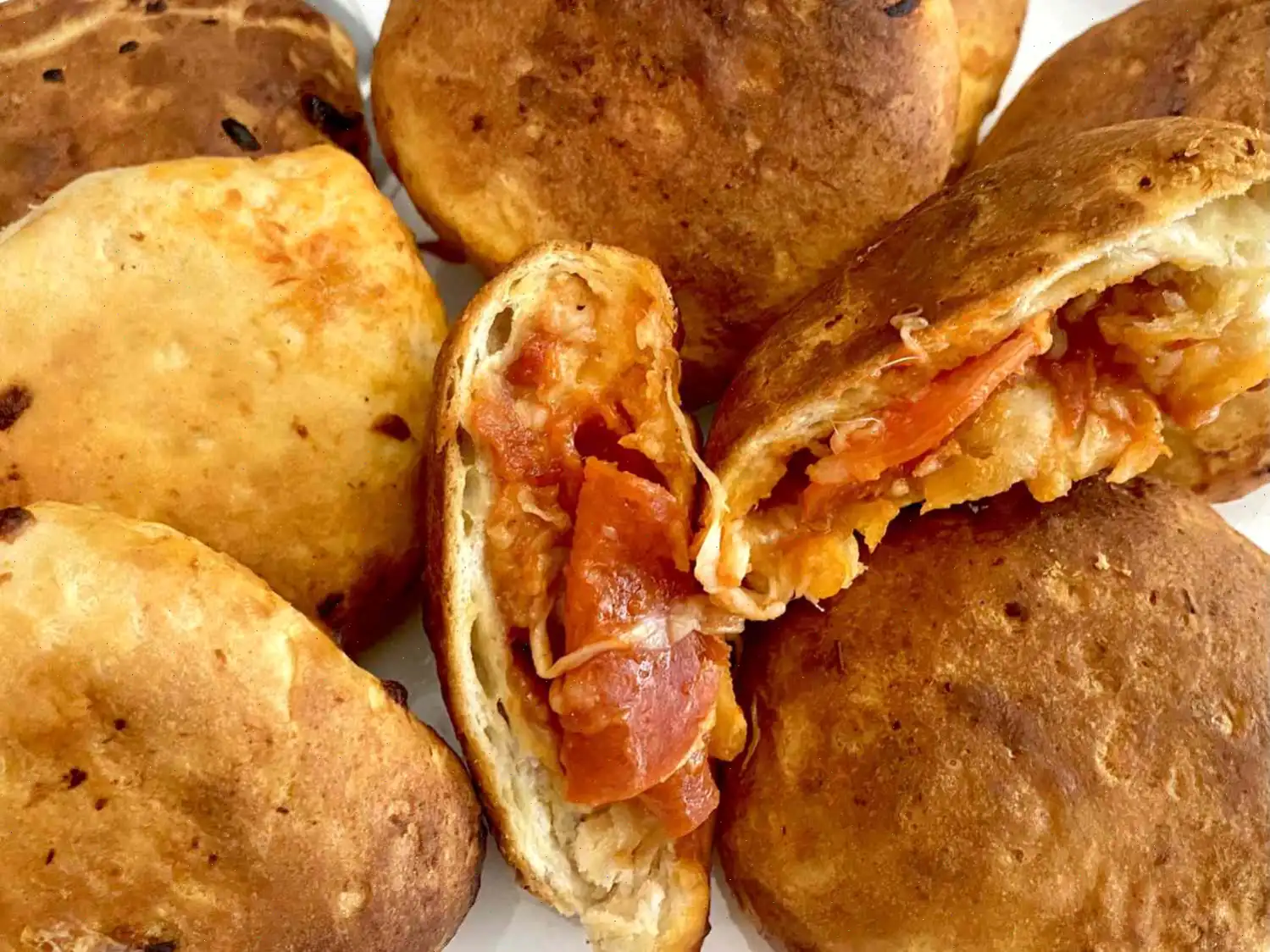
Bread Machine Challah Recipe
Ingredients
- 1 cup warm water
- cup white sugar
- cup vegetable oil
- 2 large eggs, room temperature
- 1 tablespoon honey
- 2 teaspoons salt
- 4 cups bread flour
- 2 teaspoons bread machine yeast
- 1 large egg
- 1 tablespoon water
Egg Wash:
Directions
Step 1: In a bread machine, add warm water, sugar, oil, eggs, honey, salt, flour, and yeast in the order specified, or according to the manufacturer's instructions if they differ. Choose the "Dough" cycle and press Start.
Step 2: After the dough cycle finishes, remove the dough from the machine and place it on a lightly floured surface. Gently punch down the dough and allow it to rest for 5 minutes.
Step 3: While the dough rests, grease a baking tray. Divide the dough in half, then divide each half into 3 equal portions. Roll each portion into a rope about 12-14 inches long.
Step 4: Braid the 3 ropes together to form one loaf. Repeat the process with the other half of the dough, creating a second loaf. Carefully transfer both braided loaves to the prepared baking tray.
Step 5: Mist the loaves with water and cover them loosely with plastic wrap. Let the dough rise in a warm, draft-free area for 1 to 1 hours, or until the loaves have doubled in size.
Step 6: Preheat the oven to 350F (175C). While the oven heats up, prepare the egg wash by whisking together the egg and water in a small bowl until smooth.
Step 7: Once the loaves have risen, brush the top and sides of the dough with the egg wash to give them a golden finish when baked.
Step 8: Place the loaves in the preheated oven and bake for 20 to 25 minutes, or until the loaves are golden brown. If the loaves begin to brown too quickly, cover them loosely with aluminum foil for the remainder of the baking time.
Nutrition Facts (per serving)
| Calories | 182 |
| Fat | 7g |
| Saturated Fat | 1g |
| Cholesterol | 28mg |
| Sodium | 302mg |
| Total Carbohydrate | 26g |
| Dietary Fiber | 1g |
| Total Sugars | 6g |
| Protein | 4g |
| Calcium | 9mg |
| Iron | 1mg |
| Potassium | 47mg |
Servings per Recipe: 20
History and Origin of Challah
Challah is a traditional Jewish bread with deep roots in Jewish culture and history. It has been made for centuries, and its origins are tied to the Jewish Sabbath and holiday traditions. The breads name comes from the Hebrew word "challah," which refers to a portion of dough set aside and offered as a sacrifice in ancient times. While the challah we know today is sweet and braided, it was originally a simple bread made without eggs or sugar. Over time, its recipe evolved, especially in Eastern Europe, where it became a key part of Shabbat dinners, symbolizing the division between the sacred and the ordinary.
Regional Variations
Challah has different regional variations based on the Jewish communities that make it. In Ashkenazi Jewish traditions, which originated in Eastern Europe, the bread is often braided and has a slightly sweet flavor due to the addition of eggs, honey, and sugar. Sephardic challah, common in Mediterranean countries, may be round and less sweet. Some recipes incorporate spices like saffron or orange zest, reflecting regional flavors. Regardless of the variation, challah is enjoyed by Jewish families worldwide, especially on Friday nights before the start of Shabbat.
How Challah Differs from Similar Breads
Challah stands out from other similar breads like brioche or egg bread due to its unique combination of ingredients and its cultural significance. While both challah and brioche are made with eggs, butter, and sugar, brioche typically has a richer, buttery texture and a sweeter taste. In contrast, challah is usually made with oil, which gives it a lighter, fluffier texture. Additionally, challah is traditionally braided, whereas brioche is usually formed into loaves or rolls. Brioche is also known for its higher fat content, often using butter, while challah remains a dairy-free bread in many Jewish households, making it suitable for kosher meals that are eaten with meat.
Where Challah is Typically Served
Challah is most commonly served during Jewish religious observances, especially on Shabbat. On Friday evening, Jewish families gather for the Shabbat meal, where two loaves of challah are placed on the table. The bread is blessed and shared among the guests, symbolizing the manna that fell from heaven during the Israelites' journey through the desert. It is also served during Jewish holidays like Rosh Hashanah, the Jewish New Year, and Passover, though different recipes may be used for each occasion. Outside of religious contexts, challah is enjoyed by many as a sweet, comforting bread for any meal, particularly in Jewish delis and bakeries across the world.
Interesting Facts about Challah
- Challah is often braided with three, four, or six strands, symbolizing different aspects of Jewish tradition, such as the unity of the Jewish people.
- In Jewish culture, two loaves of challah are placed on the table for the Shabbat meal, representing the manna that fell from heaven and the two portions collected by the Israelites in the desert.
- The bread is also commonly used in the preparation of French toast, as its sweet, soft texture makes for a perfect base when fried with eggs and syrup.
- In Israel, challah is sometimes baked into a round shape for Rosh Hashanah, symbolizing the cycle of life and the continuity of the Jewish people.
- Despite its religious origins, challah has become popular outside Jewish communities and is often seen in bakeries and homes as a delicious, sweet bread for all occasions.
You can listen to this recipe in AI audio format. Simply click the play button below to listen to the content in a format that suits you best. It’s a great way to absorb information on the go!
FAQ about Bread Machine Challah Recipe
Comments
stacykr
10/06/2025 01:52:54 PM
If you read through the previous reviews, the 1 constant remark “the bread is sticky” appears. We added an additional ¾ c flour to our bread machine (using a total of 4 ½ c flour) which did the trick. What’s the point of using the bread machine if you’re kneading more (in this case A LOT) of extra flour in the end? Our finished product turned out well.
MariaP
10/06/2020 11:32:15 PM
First of all, it was easy to make in the bread machine. Yes, I did add the extra 1/2 cup of flour as recommended. The dough was perfect. The honey gives it a sweet taste. It made two large loaves. Next time I will divide into three loaves since I had to cut the loaves in half for storage. One thing, I have a convection oven so I only baked it for 15 minutes but that was too long. Any longer and it would have burned the crust. So watch it carefully. My loaves came out dark brown but still moist. Otherwise it's a quick and easy way to prepare the tasty bread all year long. I bet this would be terrific for french toast.
SadWhisk8075
02/05/2023 04:49:13 PM
Easy and turned out tasty! I added 1/2 cup more flour. I have learned to put the salt in first and make sure the yeast is in a small flour circle on top. Thank you for sharing this as it isn't hard for my arthritic hands to do.
IHateMy Username
07/12/2018 08:38:27 PM
Made this one time and followed the directions pretty closely. Only changes I made was using a stick of butter instead of vegetable oil and used less sugar but more honey and some dark agave sweetener. The taste of this first attempt at Challah bread was phenomenal, but the texture was weird. Unfortunately, I hadn't read the reviews before I got started to be warned about the sticky texture. I baked it anyway, although it was globular looking loaf as braiding it like regular Challah seemed impossible. Lesson learned. Second attempt I once again replaced vegetable oil with butter and cut down on white sugar and added more honey, but no agave nectar since I'm out. I also added about 1/2 cup extra flour and an extra half pack of yeast. I just took it out of the bread machine and must say the texture now is ON POINT! I easily braided it this time and this will probably make a beautiful loaf! I'm letting it rise now and haven't baked it and tasted it, but since the ingredients are pretty much the same I think it will still taste awesome, the half cup flour shouldn't change the taste much (I hope). I just wanted to write this review so I could remember how I got the good texture before I forget it.
CalmChop5635
03/09/2025 04:49:27 PM
I added the extra flour like others said and it wasn’t too sticky. For the yeast I used Saf Gold which is formulated for sweet doughs. I’m lazy so I decided to try to cook it in my machine, even though it’s a two pound loaf and my machine only has a 1.5 pound setting for “sweet”. I did take it out before the final rise to remove the paddle, then dumped it back in. It rose to within a half inch of the lid of my Cuisinart CBK-110P1 when it started baking. I think next time instead of dumping it back in after removing the paddle, I’ll try actually forming a loaf so it has a more set crumb being baked in the machine.
Sherry Gilman Orbach
11/15/2019 03:24:52 PM
It’s the second time I’ve made it. My bread machine didn’t come with a challah recipe, so I used this one without any idea the order of ingredients. I put the dry ingredients in first then the wet. I added an extra 1/2 c flour the first time, but the dough flattened just before baking (when I brushed it with egg), so the second time I added an extra 1 c flour and an extra tsp of yeast. Otherwise everything else was the same. The density & rising was perfect the second time (even after brushing with egg). The taste remained delicious. Thank you.
galielle
07/31/2014 04:27:55 PM
With a lot of tweaking, this recipe turns out well. I live in the Deep South, where the humidity changes everything in the kitchen. By adding a little flour during the kneading process in the bread machine and during the braiding, I found the baked loaves to be as pretty as they should be. The baking sheet or pan needs to be greased for the challah to completely come off of it. I tried using the beaten whole egg for the glaze and found that it made the bread taste strongly of egg, which should never happen with challah. The solution: use egg white. I am grateful to have found this recipe, because I have carpal tunnel syndrome and need a machine to knead for me. Thanks to the person who shared it for making my family's Shabbat more enjoyable, with no need to run to a special bakery for bread, call ahead for it, and so forth!
EagerCake5890
01/14/2023 06:16:03 PM
Use 515 grams of flour. Then the bread is delicious. Also, I only had active dry yeast at home. I proofed it with 1 tsp of the sugar and 1/4 cup of the water for the recipe. Worked out fine.
Issy Lane
12/28/2024 04:28:14 AM
This is THE best challah bread we've ever made. I've tried about 105 recipes over the years and all of them were either not sweet enough, too dense, or just didn't taste right. This was perfect. We did add a little extra flour for a total of 4½ cups but with that tiny tweak it was absolutely perfect. Sweet and delicious. We did decide next time to cook it a little longer for better color. Cook times very much depend on location and time of year. If your challah is too pale like mine don't hesitate to brush with more egg and put it back in the oven for 10 minutes. Great recipe
ArtsyJam3075
01/07/2024 09:18:35 AM
When I took the dough out of the bread maker it was a liquid, even though I had done everything correctly. I had to add 4 more cups of flour (maybe even 5 or 6 cups). Once it was dry enough so that it wasn’t going all over my fingers, I shaped it. I put it in the oven for 25 mins and it wasn’t done (oven was preheated on 180°C). I had to cook it for 40-50 mins before it was done. It tasted nice and turned out great, but I only really wanted to spend 1.5 hours on it and it turned out to be a 3-3.5 hour job. Would recommend but tweak the recipe a little bit.
Adelina
04/20/2020 02:46:17 AM
It was delicious and soft. I had run out of eggs so brushed it with softened butter and sprinkled some coarse salt on top it was awesome. Texture was perfect.
LoyalSoup1365
02/23/2025 11:50:08 PM
I made this according to the instructions. A little oil on the hands makes it easy to work with. It turned out soft and not dense. You need to be willing to let it set beyond just 1.5 hours if needed to swell a bit. I might add a little more yeast to get it a little more active. I used a local unfiltered honey which is dark and flavorful. You will need to keep checking and learn your oven for doneness. Don’t be in a rush. Misting water makes the difference.
LimeGum3811
02/05/2025 07:53:15 PM
Followed the recipe exactly and it came out great! Won’t last long around here.
Anna Allen
12/20/2024 11:58:09 PM
So much flavor, I’m impressed.
Sarah
11/21/2024 02:14:26 AM
I followed the recipe exactly and it turned out perfect. This dough is supposed to be very soft and sticky. The people complaining about it being too dense and adding extra flour are messing it up.
SnappyUbe5738
10/23/2024 06:49:54 PM
Something. Is wrong with this recipe. The first time I did it.I thought perhaps I made a mistake. So I did it again and added a full additional cup of flower and the dough was still too sticky to do anything. So I made it again and added two additional cups of flour. It held together and I was able to work with it , but the finished product was extremely dense and disappointing. I have to remember to never use this recipe again.
HazelThorn90
10/02/2024 12:32:40 AM
I’ve made this recipe a dozen times and it always comes out very dense.
Shannon Sullivan
09/10/2024 06:49:55 AM
Easy to throw together, makes beautiful loaves.
Cooker
08/27/2024 07:08:38 PM
Made this twice. Added a cup more flour (5 c total) the second time and it held form better. Delicious.
Avigail Arad
05/25/2024 11:41:32 PM
I made it 4 times, and it came out perfect each time! My guests loved it! Keep in mind that challah dough is supposed to be sticky.


